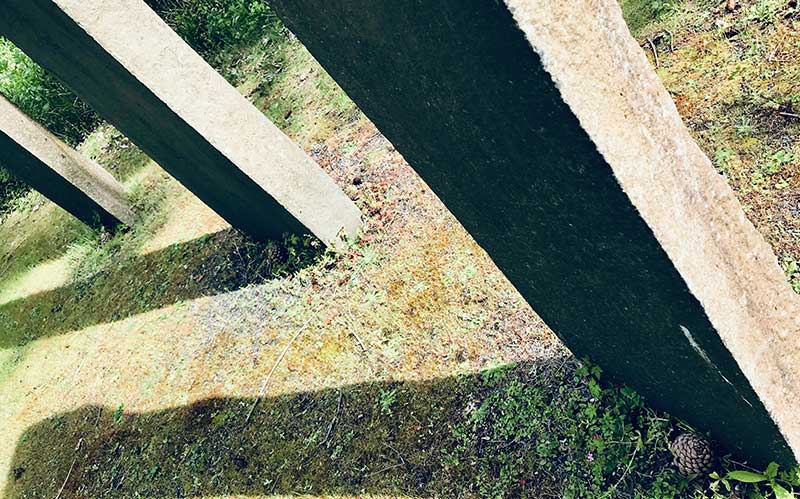 On Monday and Wednesday afternoons my son, 16, works at our neighbor’s glass blowing studio. He sweeps up, organizes and does whatever odd jobs need doing. He also gets to blow glass.
On Monday and Wednesday afternoons my son, 16, works at our neighbor’s glass blowing studio. He sweeps up, organizes and does whatever odd jobs need doing. He also gets to blow glass.
The artist, his employer, is teaching him. She appreciates his help around the studio, to be sure, but she relishes the opportunity to help him learn her craft.
She is employing my son to teach him her art.
Economically, this makes little sense. But economics is only one measure, and a limited one at that.
As both an artist and a business owner, my neighbor understands and practices something that more petrified, densely bureaucratic institutions have forgotten and would struggle to replicate. She understands that my son’s commitment to the well being of her business will stem from his first-hand appreciation of her product.
Not “first-hand” as in “he gets to be nearby while she does her thing” but “first-hand” as in “learning how to do it himself.”
This is immeasurably powerful and miles away from the disruptive reality of specialization; employees so far removed from what the company does to both deliver and return value that they feel no connection to its reason for being.
Why does she do this? Because she knows – intuitively and authentically – that engagement comes from learning. She does it because she loves to teach. It energizes her to pass along her knowledge, to see my son progress in his understanding and his practice. Her love of teaching, her passion for cultivating talent is so obviously the leadership standard for our time.
But I’m not going to trap myself into writing another post about engagement. I am more than weary of the subject. It is a cliché of the management/leadership consulting set because it is the lowest hanging fruit imaginable. Our institutions spend billions of dollars assessing and surveying the perpetual problem of 30% employee engagement with no progress to show for it. They are frozen and they are in denial. But I’m not going to write about that. Not today.
My son, trusting his innate intelligence, moved toward the routine duties of sweeping and cleaning – duties he could fulfill just about anywhere else – in service of something interesting, challenging and beautiful. By doing so, he is now a “glass artist in training” rather than a guy who sweeps up at the glass studio. The difference between the two is immeasurable.
By doing so he is learning two things that he will more fully appreciate a few years down the line: first, there is no endeavor he will pursue in his life that doesn’t require sweeping and cleaning of some kind. Since that is always true why not do so in service of something extraordinary?
Second, to quote the poet David Whyte, “anything or anyone that does not bring you alive is too small for you.”
We must accept that artistry is no longer the exclusive province of artists. The new standard of leadership is how well we connect each person to our cause through teaching, learning and hands-on access to the tools of creation.
DAVID BERRY is the author of “A More Daring Life: Finding Voice at the Crossroads of Change” and the founder of RULE13 Learning. He speaks and writes about the complexity of leading in a changing world, especially the parts where he doesn’t handle it very well.





